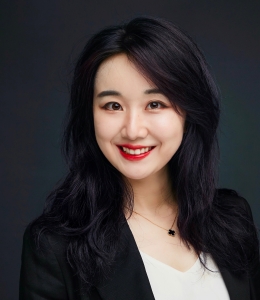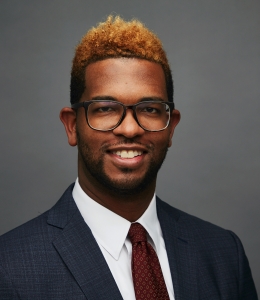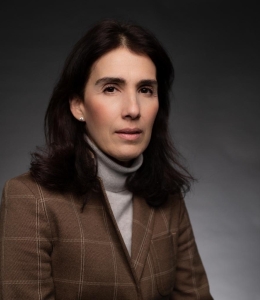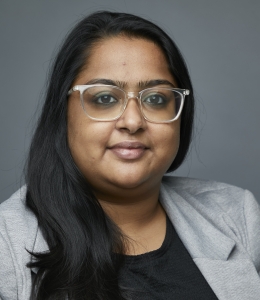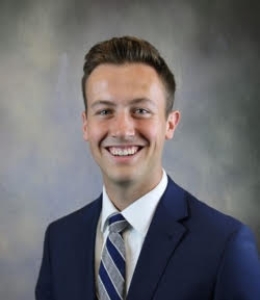Leading by Example: The 2021–2022 Davis Polk Leadership Fellows
From helping poultry farmers to making law school and the law more accessible, the projects this year’s fellows are pursuing have the potential to reshape industries, communities, and lives.
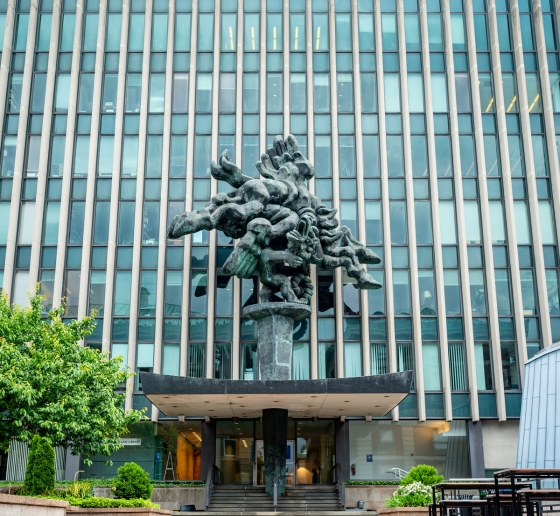
Columbia Law School’s Davis Polk Leadership Initiative fellows receive training, financial support, and mentorship from faculty, experts, and alumni as they work to advance a project that broadens the reach of legal education and legal services. Learn more about this year’s fellows and Innovation Grant recipients below and on the program’s website.
